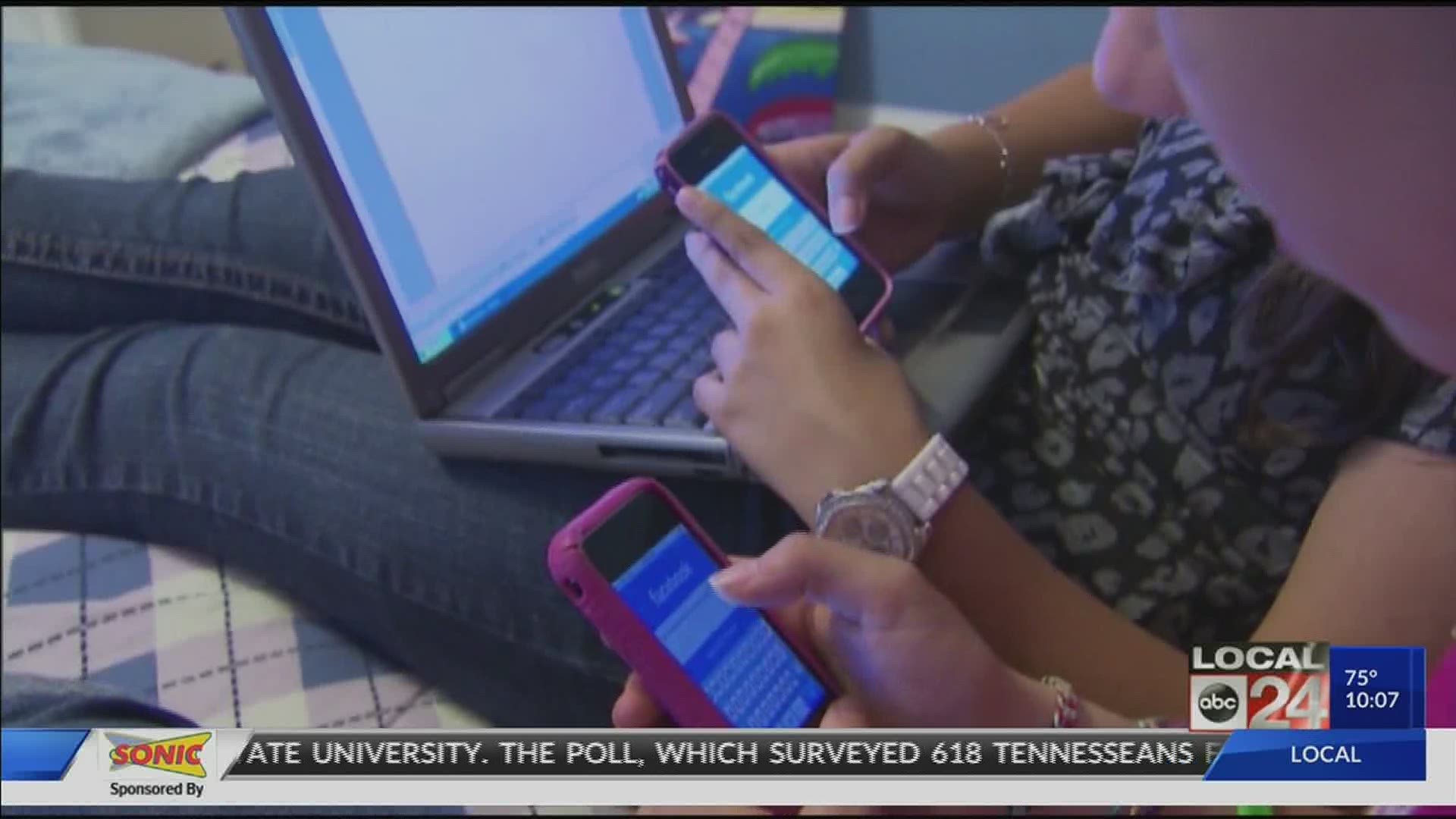MEMPHIS, Tennessee —
Since more people are now working from home and children are learning from home during this coronavirus pandemic, tech experts say there is a huge risk for hackers to get into your devices.
When it comes to kids, sexual predators are lurking online, so it’s imperative for them to not share their personal information.
Since children are spending a lot more time at home too, their device usage could be going up, leaving them vulnerable to online predators.
“They will make fake accounts, most of the time these accounts may resemble being another teenager in the community,” said Natasha Bonner, Program Supervisor, Youth Villages Specialized Crisis Services.
Bonner, who specializes in crisis and trauma for Youth Villages says with so many kids on the screen now, it’s something parents should look out for.
“Especially who are depressed or anxious or feeling alone. These are the type of youth predators like to lurk on more. So, we try to teach the parent how to have these effective and communication conversations with the kids,” Bonner explained.
For those of us using our personal computers for work at home, it may be a good idea to update your security systems to keep the hackers out.
“You need that two factor, authentication where you have to type in a code or use a fingerprint or a face impression” so someone who hacks your internet and steals your passwords can’t get into your accounts,” said Nancy Crawford, Director of Marketing and Communications for Better Business Bureau of the Mid-South.
Crawford says scammers and online predators have gotten smarter, so it’s important to have layers of security on your home devices and your children’s too. Update your systems and software on a regular basis, make sure you have that virus protection on whatever device you’re using.
Use parental controls and most children’s websites have to follow the COPPA Law, which stands for the Children’s Online, Privacy and Protection Act.
“Look at the websites your children are accessing, make sure that they are complying with that law and you can learn more about that law at FTC.Gov,” Crawford said.
The elderly population is also at risk, especially because some have never used a computer. Crawford says to have family members help them do online services so they don’t become a victim.

